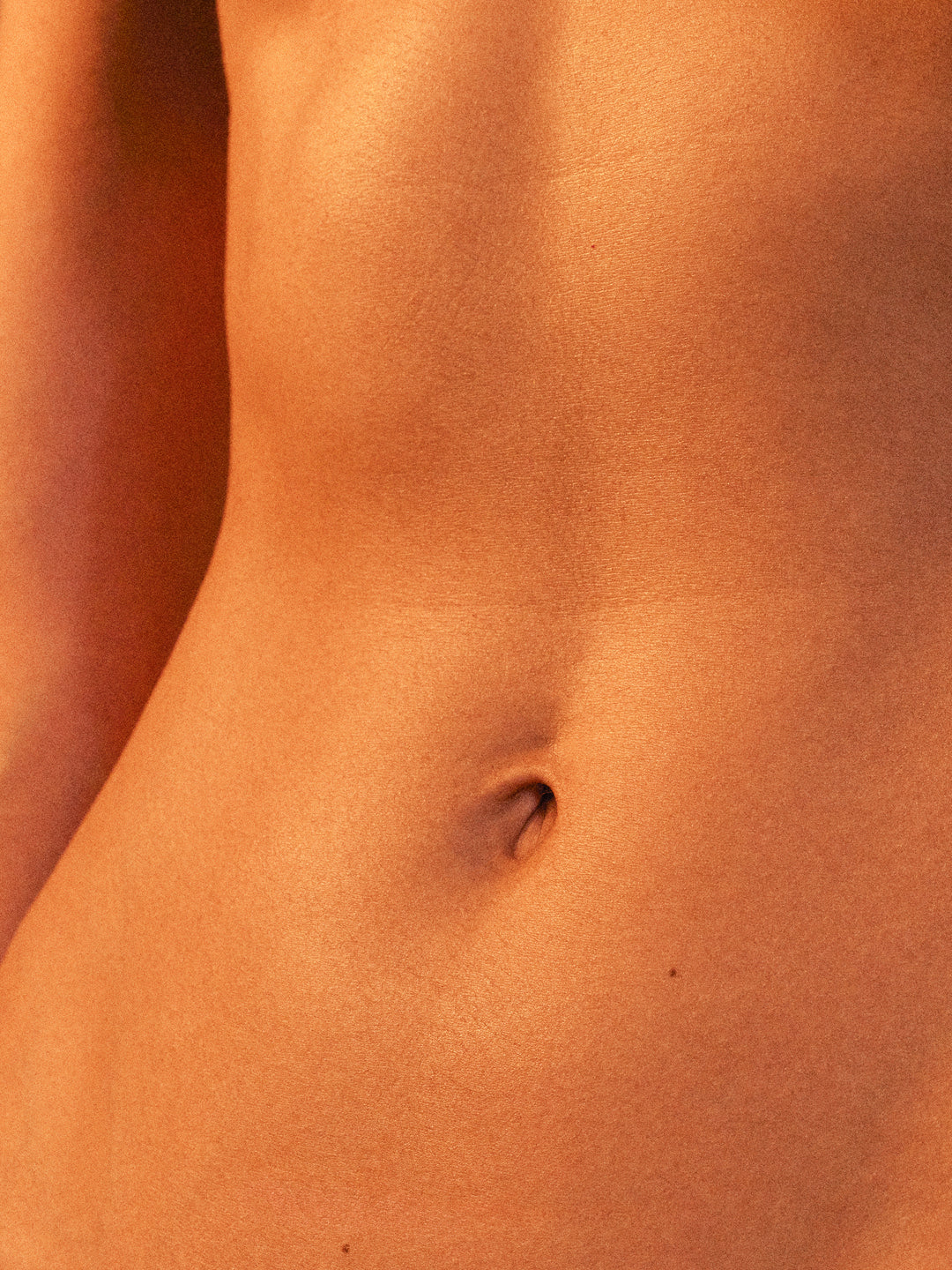Moisturizing your skin: why and how?

The human body is made up of between 60 and 70% water. Water is the basis of everything, from cell renewal to the transport of oxygen in the blood...
Proper hydration is therefore essential for the body to function properly.
Here's how.
How do I moisturize my skin?
The first rule of good skin hydration is to drink at least two liters of water a day.
The second is to ensure that the skin's hydrolipidic film remains effective.
Zoom in on the hydrolipidic filmThe hydrolipidic film is an invisible film located above the stratum corneum (the outermost layer of the epidermis). This film covers the entire body and is continuously renewed. An external protective barrier, it shields the skin from external aggressors: sun, pollution, wind, cold, tobacco, etc., enabling it to retain its suppleness, radiance and hydration. |
Repairing and moisturizing creams help the skin maintain its hydrolipidic film and limit the risk of dehydration. Moisturizers should be used every day, morning and night, to maintain the skin's protective barrier. Soft, plump skin is well-hydrated skin, and moisturizing helps slow down skin aging.
What's the difference between nourishing and moisturizing the skin?
Moisturizing and nourishing the skin are two different things.
Moisturizing refers to the action of keeping water in the skin, ensuring that the hydrolipidic film is effective.
Nourishing the skin means providing it with the nutrients it needs to function properly and regenerate. In topical cosmetic applications, this means applying creams or serums containinghyaluronic acid, niacinamide or vitamin C.
When should you moisturize your skin?
The key to healthy skin lies in adopting a well-balanced skincare routine. The aim is to reduce water evaporation, maintain a sufficient level of water in the skin and rebalance the skin as a whole.
In the morning, skin needs to be well hydrated and protected to face the day's aggressions. An antioxidant and moisturizing active ingredient such as vitamin C is ideal.
In the evening, the skin "works" and must repair itself: moisturizers are therefore necessary, especially if the skin is dry. There's also a seasonal and environmental effect, depending on whether it's hot, windy or cold.
We recommend applying a moisturizing and nourishing cream morning and night, followed by a mask - or a thick layer of rich cream - 2 or 3 times a week.
Well-moisturized and plumped, skin is ready for a more complete routine.
Which active ingredients to choose?
Moisturizing active ingredients such as :
- Hyaluronic acid, a hydrophilic biomolecule whose role is to capture and retain water. This active ingredient acts like a molecular sponge and is capable of binding up to 1,000 times its weight in water.
- Panthenol, whose ability to penetrate deep into the skin reinforces the hydrolipidic film and prevents skin dehydration.
- Squalane, a highly moisturizing, non-greasy oil. Its biomimetic structure with sebum repairs the hydrolipidic film and reinforces the skin's barrier function, preventing water from evaporating.
- Niacinamide, a moisturizing agent that activates lipid synthesis to reinforce the hydrolipidic film.



